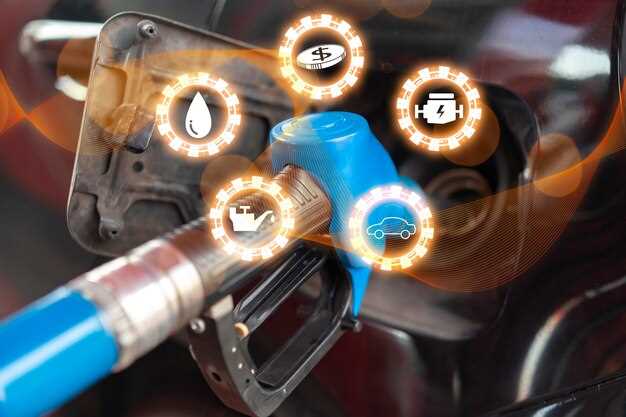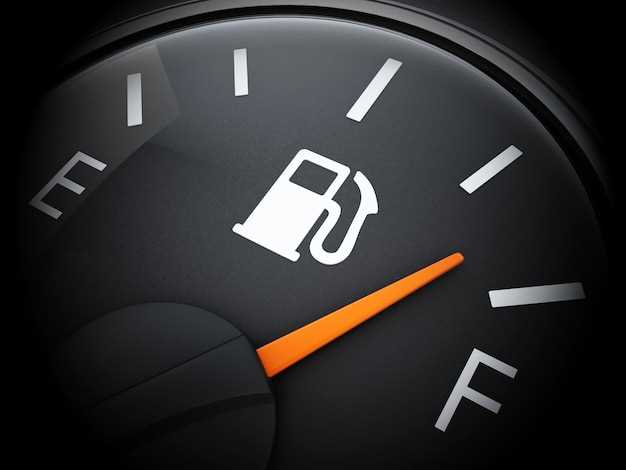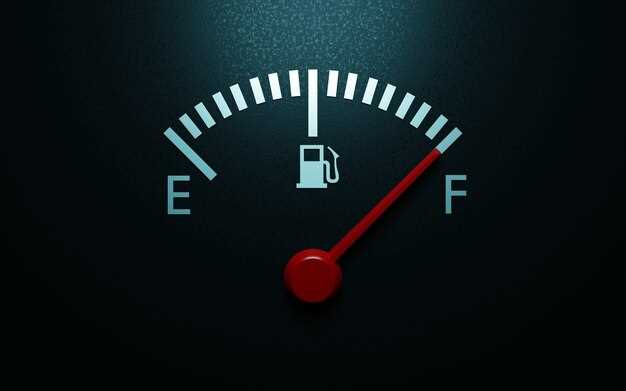

In today’s world, where fuel prices continue to rise, maximizing your vehicle’s fuel economy has become more important than ever. Not only does improving fuel efficiency save you money, but it also reduces your carbon footprint and contributes to a healthier environment. Implementing simple yet effective tips can significantly enhance the fuel efficiency of your vehicle.
One of the key factors influencing fuel economy is your driving style. Many drivers are unaware that their habits behind the wheel can either waste fuel or promote efficiency. By adopting a few mindful practices, such as maintaining a steady speed and avoiding rapid acceleration, you can see noticeable improvements in how far your vehicle goes on a tank of gas.
In addition to adjusting your driving methods, regular vehicle maintenance plays a crucial role in fuel economy. Ensuring that your engine is tuned, tires are properly inflated, and air filters are clean can help your vehicle run more efficiently, ultimately leading to better fuel economy.
Optimizing Tire Pressure and Maintenance
Maintaining the correct tire pressure is crucial for achieving optimal fuel economy. Under-inflated tires can increase rolling resistance, leading to higher energy consumption and decreased mileage. Regularly check your tire pressure at least once a month, and always before long trips, to ensure they are inflated to the manufacturer’s recommended levels. This simple practice can enhance your vehicle’s fuel efficiency significantly.
In addition to monitoring tire pressure, it is essential to maintain your tires properly. Regular rotation and alignment are vital to ensure even wear and prolong the lifespan of your tires. Uneven tire wear can also negatively impact fuel economy, as it may affect the vehicle’s handling and increase rolling resistance.
Another valuable tip is to inspect your tires for any signs of damage or irregular wear. Worn tires can reduce traction and compromise safety as well as fuel economy. Replace them promptly to ensure your vehicle operates efficiently.
Lastly, consider investing in low rolling resistance tires. These tires are designed specifically to enhance fuel economy while providing excellent performance. By combining proper tire pressure with regular maintenance and suitable tire choices, you can significantly improve your vehicle’s fuel efficiency.
Adjusting Driving Habits for Better Mileage

Improving fuel economy starts with how you drive. By adjusting your driving habits, you can significantly enhance fuel efficiency and save money on gas. Here are some essential tips to consider:
Firstly, avoid aggressive driving. Rapid acceleration and hard braking consume more fuel than smooth and steady driving. Maintaining a consistent speed and anticipating traffic flow can help you minimize fuel consumption. Utilizing cruise control on highways can also assist in maintaining a steady pace, further improving mileage.
Secondly, reduce unnecessary idling. If you anticipate being stopped for more than a minute, it’s more fuel-efficient to turn off your engine and restart it when ready to move. Idling can waste fuel and is generally less efficient than driving.
Additionally, plan your trips effectively. Combining errands and minimizing the number of short trips can help enhance fuel economy. Short drives often lead to cold engine operation, which uses more fuel. Taking a little time to group your tasks can result in significant savings over time.
Moreover, keep a steady pace. Frequent stops and starts can lead to decreased mileage. Try to coast when approaching traffic lights rather than accelerating and braking quickly. This practice not only improves fuel efficiency but also extends the life of your brakes.
Lastly, keep the vehicle maintained. Regular maintenance, such as proper tire inflation and timely oil changes, ensures your vehicle operates at optimal efficiency. Under-inflated tires can increase rolling resistance, and engine problems can negatively affect fuel economy.
By implementing these tips and modifying your driving habits, you can enhance fuel economy, reduce expenses, and contribute to a greener environment. Small changes in everyday driving can lead to significant improvements in fuel efficiency.
Reducing Unnecessary Weight and Drag

One of the most effective tips for enhancing fuel economy in your vehicle is to reduce unnecessary weight and drag. Every pound added to your car can negatively impact its fuel efficiency. Remove any items from the trunk or back seat that you do not need, such as sports equipment, tools, or old bags. This simple action can lead to noticeable improvements in fuel economy.
In addition to weight, aerodynamic drag plays a crucial role in determining fuel efficiency. Ensure that your vehicle is as streamlined as possible. For example, remove roof racks or cargo boxes when not in use, as these accessories increase wind resistance and reduce fuel economy. If your vehicle has movable parts such as spoilers or wings, make sure they are properly adjusted to optimize airflow.
Another consideration is tire selection and pressure. Overly large or wide tires can add weight and create more drag. Choose tires specifically designed for fuel efficiency, and always maintain the correct tire pressure. Under-inflated tires not only create additional drag but also decrease handling and increase wear.
By focusing on reducing both weight and drag, you can implement effective strategies that significantly enhance your vehicle’s fuel economy. These small changes contribute to saving money at the pump while also promoting a more efficient driving experience.







